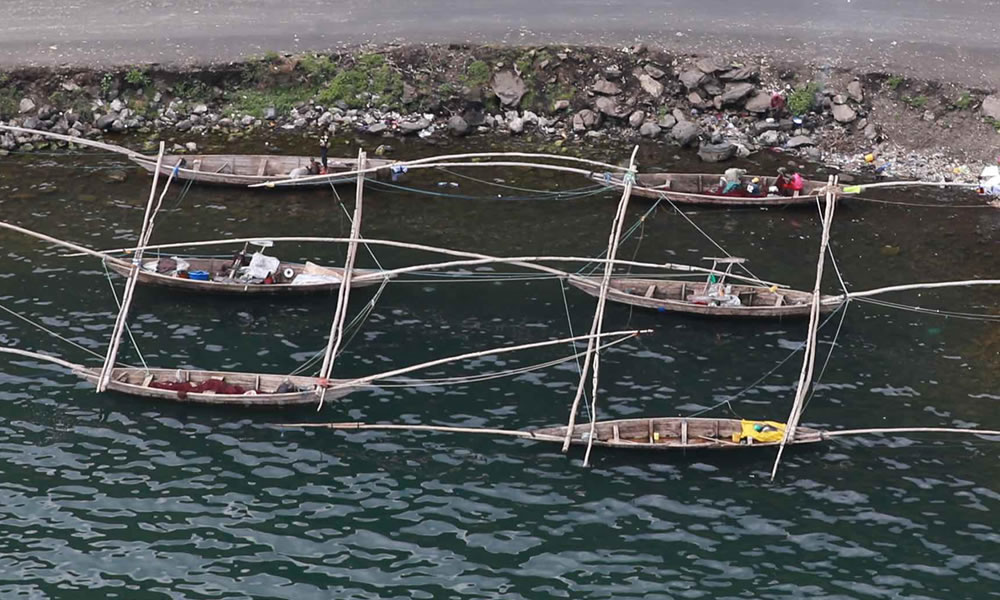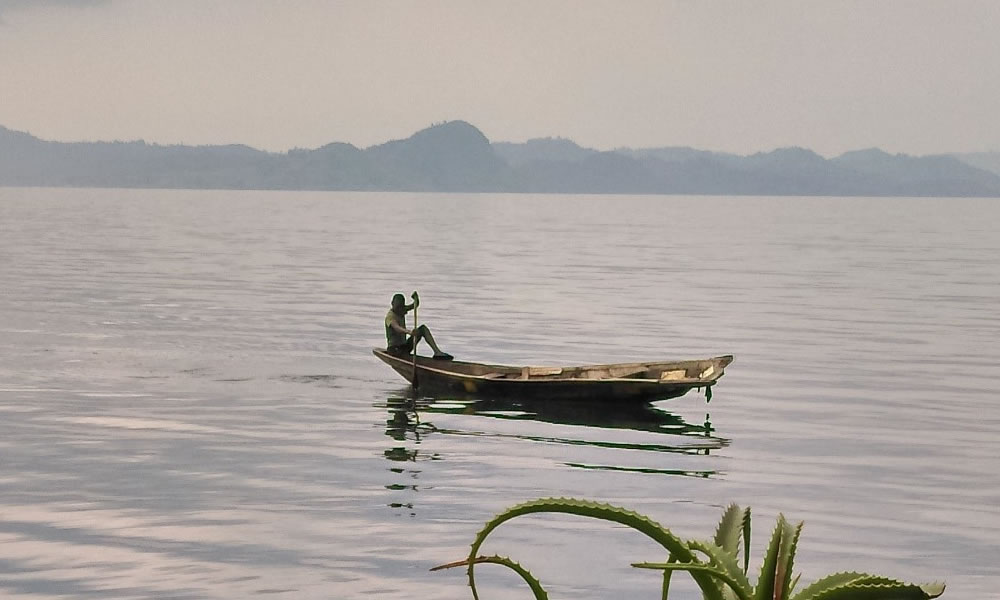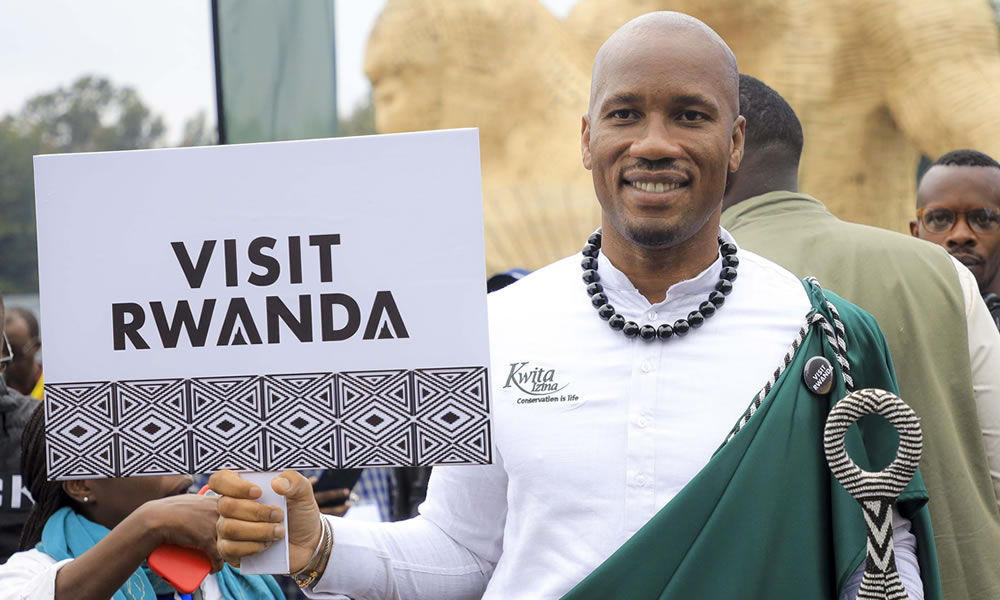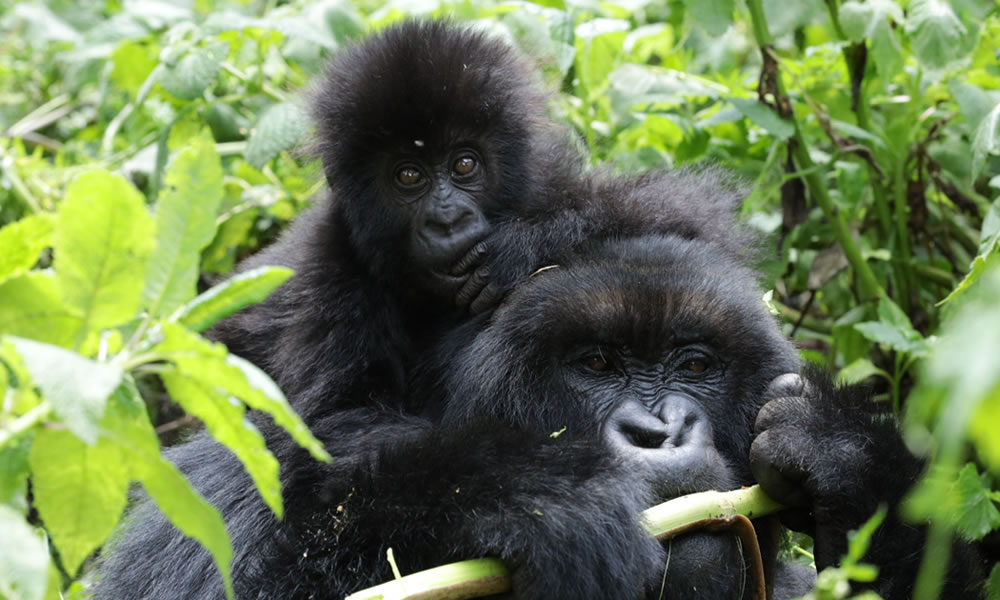The Fishermen Experience on Lake Kivu

The Fishermen Experience on Lake Kivu is a recently developed tourism attraction on the lake’s beaches that has begun to draw large crowds of visitors to Rubavu and Gisenyi, where fishing is done using three-wheel canoe boats. It is now included in Rwanda Gorilla Safari for people who spend the night in Gisenyi following their gorilla trekking in Nyungwe National Park or Volcanoes National Park. With this magically tailored, real fishermen experience on Lake Kivu, you may add some colour to your evening. You can easily include this in your package for the Rwanda Safari. It is strongly advised that anyone with an interest learn more about Rwandan culture and life outside of the tourist traps. As you would hope, the fishermen’s experience is real and enlightening.
Lake Kivu, Lake Mugesera, and Lake Muhazi are the main locations for commercial fishing. As we’ll see later, there are additional rivers and lakes that offer fishing chances to both locals and tourists from other countries. Nevertheless, around 45% of Rwanda’s total fish production comes from aquaculture. Rwanda imports fish from its neighbours Tanzania and Uganda in order to meet the strong demand for seafood among its population.

The The Fishermen Experience on Lake Kivu begins at approximately 4.30 p.m., when the fishermen gather at the lake, get ready, and then, at approximately 5:15 p.m., they board their boats and head into the lake while singing loudly to encourage one another to pedal the boats. Several travellers are now include this on their schedule, and since we are the first company to market and educate travellers about this exceptional, genuine experience, more of them are doing so. They will fish until about five in the morning, at which point they will return and meet the purchasers who are prepared to make money off of the night’s catch.
The three fisherman’s boats on Lake Kivu in Rwanda are gaining popularity as tourist destinations due to their distinctive design, which has three boats tethered together and being powered by several fishermen as they paddle out to fish. The three boats are connected with timbers and local wood, both of which are used to build the boats. The three boats appear to be separate from a distance, but they are connected with pliable fishing rods made of eucalyptus. The men dart back and forth, walking on the rods like tightropes, making sure the net is tight.
As more visitors want to snap pictures of the uncommon fishing boat rather than the typical single boats that are depicted on maps, the three fishermen’s boat on Lake Kivu, Rwanda, is emerging as a distinctive photographic subject.

The sounds of fisherman rowing to the centre of the lake, ready for another night of labour, fill the lakeside villages as the sun sets. Tourists who wish to participate in the fishermen’s experience should be prepared by the lake’s edge by 3:30 p.m. to observe the complete procedure, starting with the fishermen setting up their three boats, nets, and lamps as they form a team and launch into the lake. You have to have reserved a different boat, complete with a guide who will serve as a translator and assist you during the full fishing process by outlining what happens.
You may go kayaking on Lake Kivu, view hot springs, tour Rubavu city, go on a coffee tour in Kimbiri, and go fishing and boating on the lake. You can still enjoy the Congo Nile Trail by riding a bike or taking walks around the village. Apart from the typical tourism pursuits, fishing offers a singular and breathtaking experience. At the lake, you can also capture some stunning sunset photos. While fishing on Lake Kivu, seize Rwanda during this magical moment when the sun is kissing the earth. This tour will show you a part of the city you haven’t seen before and provide you helpful information to help you become a more astute consumer. By being knowledgeable about fishing’s historical practices, you’ll also support the industry’s long-term survival and raise awareness of its significance to the regional economy.



